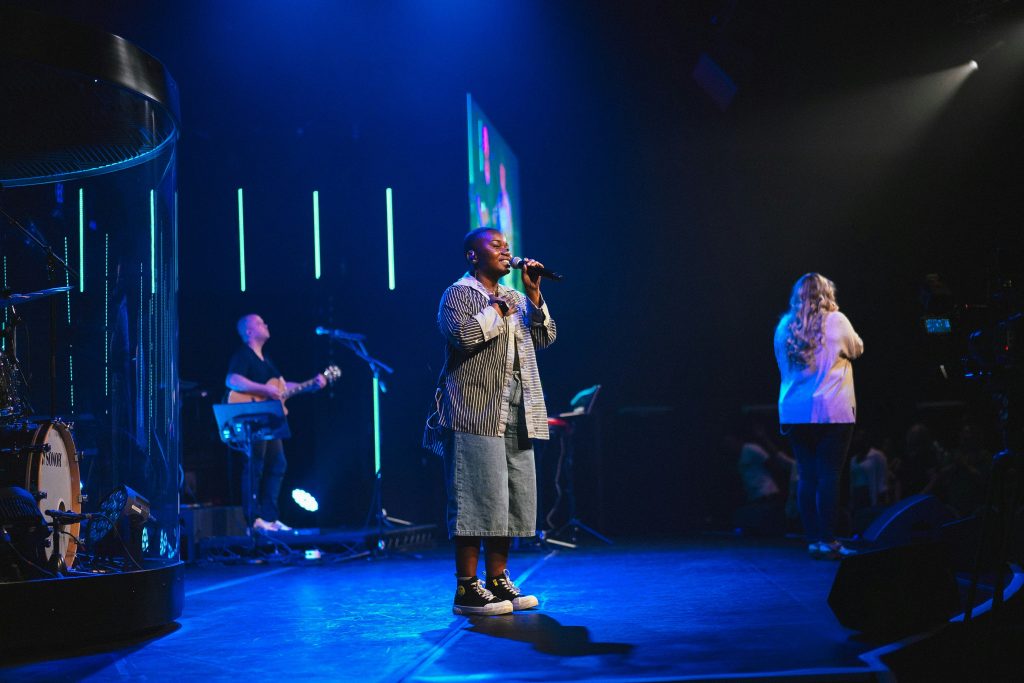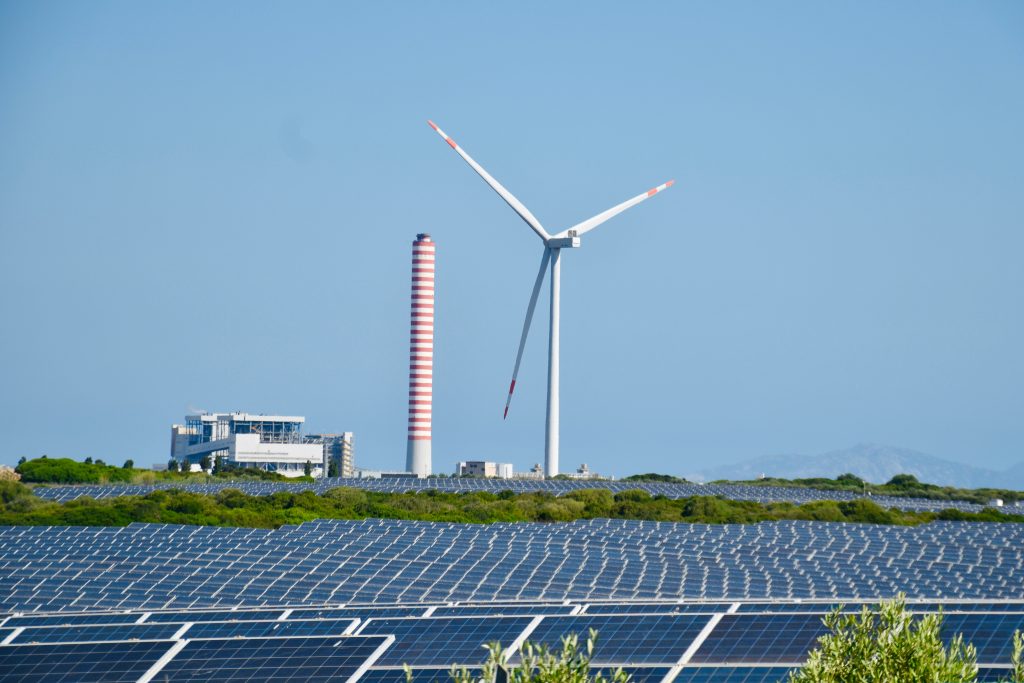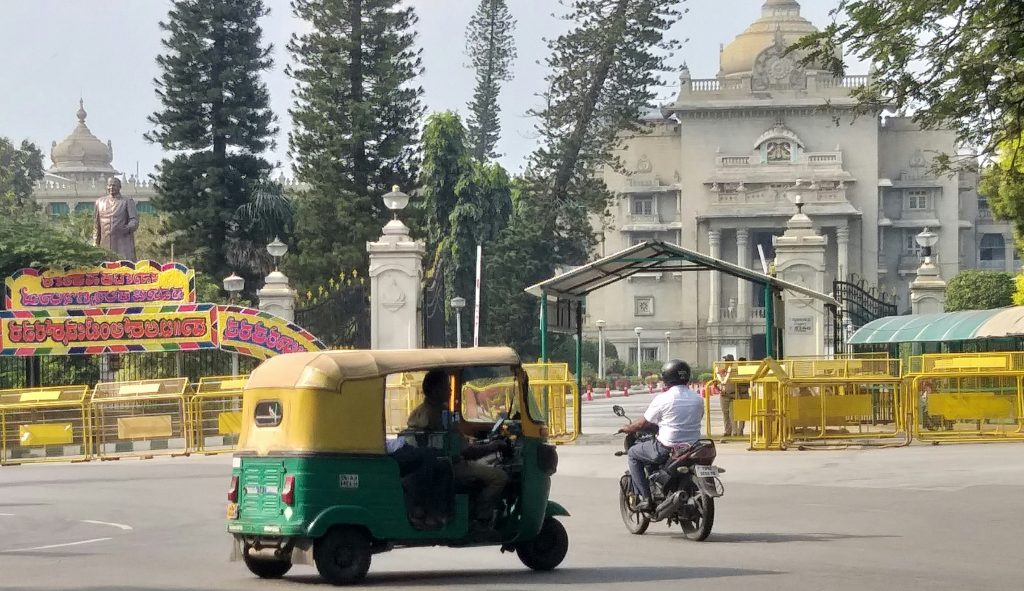Trump’s Controversial Proposal: Renaming the Gulf of Mexico
## Trump’s Controversial Plan to Rename the Gulf of Mexico
President-elect Trump’s recent comments have sparked a firestorm of debate and ridicule. During a press conference, he casually announced his intention to rename the Gulf of Mexico to the “Gulf of America.” This seemingly insignificant proposal has ignited a wave of reactions across the political spectrum, highlighting the often-unpredictable nature of the incoming administration’s policy pronouncements.
##### A Controversial Statement with Unclear Implications
Trump’s statement, made almost as an aside during a discussion on other matters, lacks detailed explanation or justification. The lack of context leaves many wondering about the practical implications of such a name change. Would it involve any legal changes? What would be the cost and logistical challenges involved in updating maps, nautical charts, and international agreements? These questions remain unanswered.
The proposed renaming is viewed by many as a symbolic gesture reflecting a nationalistic approach to foreign policy. It’s a move that seems to prioritize asserting American dominance over the region rather than fostering international cooperation and understanding. Some observers have pointed out that it reflects a broader pattern of statements and actions aiming to project American strength on the global stage.
##### A Wave of Criticism and Satire
The announcement has been met with widespread criticism, with many commentators describing it as a frivolous distraction from more pressing issues. The idea of altering the name of a major geographical feature, which has been used for centuries, seems to many to be an unnecessary use of resources and political capital. The lack of clarity around the reasoning behind such a decision adds fuel to the fire. The situation has also attracted significant satirical commentary on social media, with countless memes and jokes making light of the suggestion.
##### Beyond the Gulf: A Pattern of Bold Statements
The proposal to rename the Gulf of Mexico is not an isolated incident. The President-elect has made a number of similarly unexpected and controversial statements during the transition period, including suggestions about acquiring Canada, Greenland, and the Panama Canal. These bold pronouncements raise concerns about his approach to foreign policy and international relations. They suggest an approach that prioritizes asserting American dominance and influence, potentially leading to strained relationships with other nations.
##### The Significance of Geographic Names
Geographic names often hold historical and cultural significance. Altering a name like that of the Gulf of Mexico has deep implications, impacting not only the geopolitical landscape but also the historical understanding of the area. Many are questioning the potential for unintended consequences and the lack of consultation with other countries that share access to the Gulf.
##### Moving Forward: Uncertainty and Speculation
The long-term implications of Trump’s proposal are unclear. Will the initiative proceed? What steps will be taken to implement it? These questions remain open, adding to the uncertainty surrounding the direction of US foreign policy under the new administration. The situation highlights the volatile nature of the political landscape and the importance of staying informed about developing events and their potential consequences.
The incident underscores the importance of reasoned debate and careful consideration when it comes to making significant decisions that affect international relations and global perceptions of the United States.
Tags: Controversial, Foreign Policy, Geopolitics, Gulf of America, Gulf of Mexico, International Relations, Name Change, Trump, US Politics
特朗普回到紐約出席UFC賽事,與支持者共慶勝選
在眾多支持者的熱情歡呼中,美國當選總統特朗普於11月16日回到紐約,出席了在麥迪遜廣場花園舉行的終極格鬥錦標賽(UFC)重量級冠軍賽UFC 309。這場賽事吸引了大量格鬥迷和政治支持者的關注,成為當天的焦點。
特朗普的到來引發了一陣轟動,現場的氣氛達到高潮。支持者們舉著標語,表達對他的祝賀與支持,彰顯了他在勝選後的強大影響力。這場賽事不僅是一場體育盛事,更成為特朗普政壇成就的慶祝活動。
UFC 309賽事本身也展現了激烈的競爭,選手們在八角籠中激烈對抗,為觀眾帶來了無與倫比的視覺盛宴。這次賽事吸引了眾多明星和政界人物的參加,賽場上不乏名流的身影,進一步提升了活動的檔次與話題性。
特朗普的出席不僅為賽事增添了光彩,也吸引了媒體的廣泛報導。許多觀眾和參賽者表示,能夠在如此重要的時刻與特朗普同台,讓他們倍感榮幸。這場賽事成為了特朗普上任後的一次重要公關活動,使他能夠再次與基層支持者近距離接觸,鞏固他在民眾心中的地位。
隨著UFC在全球範圍內的影響力日益增強,這場賽事也象徵著體育與政治的交融。特朗普的出席無疑為UFC增添了更多話題,也讓這項運動在政治舞台上獲得了更大的曝光率。此次活動不僅是體育賽事,更是特朗普政治生涯中的一個重要時刻,未來他將如何利用這樣的機會,值得持續關注。
Tags: Trump, UFC
Trump Nominates Mike Huckabee as Ambassador to Israel Amidst Ongoing Conflict
In a bold move amidst the ongoing conflict between Israel and Hamas, President-elect Donald Trump has officially nominated former Arkansas Governor Mike Huckabee as the United States ambassador to Israel. This decision has sparked a wave of reactions, highlighting Huckabee’s strong ties to the evangelical Christian community and his long-standing support for Israeli policies, particularly the annexation of the West Bank.
Huckabee’s nomination comes at a crucial time, as tensions in the Middle East have escalated, raising questions about U.S. foreign policy and its impact on regional stability. As a prominent figure within the Republican Party, Huckabee’s views align closely with those of many in the evangelical community, who view support for Israel as a moral imperative. His advocacy for Jewish sovereignty over disputed territories has been a hallmark of his political career, making him a polarizing figure in discussions surrounding the Israeli-Palestinian conflict.
The former governor’s history of supporting Israeli settlements in the West Bank has drawn both praise and criticism. Supporters argue that Huckabee’s approach reflects a commitment to Israel’s security and legitimacy, while critics contend that his views could exacerbate tensions and hinder peace efforts in the region. As ambassador, Huckabee is expected to advocate for policies that promote Israel’s interests, potentially reshaping U.S. relations with Palestinian leadership and other Middle Eastern countries.
In addition to Huckabee’s nomination, Trump has also appointed businessman Steve Witkoff as his special envoy to the Middle East. This dual appointment signals an aggressive strategy aimed at reinforcing U.S. support for Israel during a time of heightened conflict. Witkoff’s experience in business and real estate may offer a unique perspective on economic development in the region, although his lack of diplomatic experience raises questions about the effectiveness of his role.
The implications of Huckabee’s nomination extend beyond bilateral relations between the U.S. and Israel. It reflects a broader shift in American politics, where evangelical Christians have increasingly influenced foreign policy decisions. Huckabee’s appointment may signal to the international community that the U.S. is firmly aligned with Israel’s policies, potentially alienating other nations and complicating efforts to broker peace.
As the world watches the unfolding dynamics in the Middle East, Huckabee’s nomination will undoubtedly be scrutinized. His ability to navigate the complexities of the role will be critical, especially in light of the ongoing violence and humanitarian crises in the region. The ambassador’s stance on key issues, such as settlement expansion and Palestinian rights, will play a significant role in shaping U.S. foreign policy moving forward.
In conclusion, Mike Huckabee’s nomination as ambassador to Israel underscores the intertwining of faith and politics in contemporary America. His deep-rooted beliefs and unwavering support for Israeli sovereignty present both opportunities and challenges for U.S. diplomacy in the Middle East. As the Trump administration prepares to take office, the world eagerly anticipates how these appointments will influence the future of American-Israeli relations and the broader quest for peace in the region.
Tags: ambassador, Huckabee, Israel, Middle East, Mike Huckabee, Trump
The Intersection of Music and Politics: Taylor Swift’s Influence Amidst Election Tensions
As Taylor Swift’s highly acclaimed Eras Tour captivates audiences across the globe, it simultaneously becomes a backdrop for a complex interplay between music and politics. The tour, which has already made headlines for its impact on ticketing systems and fan engagement, is now intertwined with the current political climate, particularly as the 2024 U.S. presidential election approaches.
In recent news, a tragic incident at a Swift-themed event in the United Kingdom has drawn attention to the artist’s humanitarian efforts. Following a stabbing that injured several girls, Swift took a moment from her busy tour schedule to meet with the victims’ families in Southport. This act of compassion highlights her commitment not only to her fans but also to the broader community, reinforcing her image as a caring and engaged public figure. Swift’s ability to connect with her audience on a personal level is one of the reasons she has garnered such a loyal following.
On the political front, the former President has controversially utilized AI-generated images of Taylor Swift and her fans in a bid to sway public opinion in his favor. These images, which falsely suggest that the pop icon endorses his campaign, have sparked significant backlash and discussions about the ethical implications of using celebrities’ likenesses in political advertising. Swift, who has historically refrained from endorsing candidates during election cycles, has not yet publicly addressed the former President’s actions. Her silence, however, speaks volumes in an era where celebrity influence in politics is increasingly scrutinized.
The murky waters of AI in political campaigns raise questions about authenticity and consent. As misinformation spreads rapidly, the lines between reality and fabrication blur, making it crucial for public figures, including Swift, to navigate these challenges with care. While she endorsed the Biden-Harris ticket during the 2020 election, her current stance remains ambiguous, leaving fans and political analysts alike eager for clarity.
With the 2024 election looming, the intersection of Swift’s music and political narratives presents a compelling case study on the influence of celebrity in modern political discourse. As fans rally around her during the Eras Tour, it remains to be seen how Swift will respond to the ongoing political landscape and whether she will choose to engage in the electoral conversation.
In conclusion, as Taylor Swift continues to shine on stage, her role as a cultural icon extends beyond music into the realms of social issues and political engagement. With her immense platform, any stance she takes could significantly impact public sentiment and voter behavior. The upcoming months will be critical, not only for her career but also for the electoral landscape as a whole, as fans and followers look to their favorite artist for guidance and inspiration amid the chaos of the political arena.
In a world where every tweet, image, and concert can shift public perception, the need for transparency and integrity in both music and politics has never been more vital. As the narrative unfolds, one thing is clear: the relationship between Taylor Swift and the political sphere continues to be a topic of intrigue and discussion, shaping the cultural zeitgeist of our time.
Tags: Celebrity Misinformation, Eras Tour, Political Influence, Taylor Swift, Trump
UAW Files Labor Charges Against Trump and Musk for Intimidation
In a significant move reflecting ongoing tensions between labor unions and high-profile business leaders, the United Automobile Workers (UAW) union has filed federal labor charges against former President Donald Trump and Tesla CEO Elon Musk. This action comes in response to a livestreamed conversation where both figures allegedly made comments that were interpreted as threats towards UAW members. The union argues that the remarks made by Trump and Musk during their discussion could be seen as intimidating, undermining the rights of workers to organize and engage in collective bargaining.
UAW President Shawn Fain expressed strong condemnation of the comments, stating, “When we say Trump stands against everything our union stands for, this is what we mean. Donald Trump will always side against the working class.” This statement underscores the union’s belief that Trump’s past and present actions are detrimental to labor rights and protections.
The union’s legal complaints have been directed to the National Labor Relations Board, echoing concerns over the influence that powerful figures like Trump and Musk may have on labor dynamics within the automotive industry. The UAW emphasizes that such intimidation tactics are not just harmful to individual workers but also threaten the integrity of union representation as a whole.
The livestream, which touched on various topics, saw Trump praise Musk for firing employees involved in strikes. This endorsement of aggressive management tactics has raised alarms among labor advocates, who view it as an attack on the fundamental rights of workers to protest and demand better working conditions.
This situation highlights a broader conflict between labor unions and corporate leaders, particularly in industries undergoing significant transformations, such as the automotive sector amidst the rise of electric vehicles. As the UAW takes a stand against what it perceives as bullying from influential figures, it reiterates its commitment to protecting workers’ rights against any form of intimidation.
In a climate where labor relations are becoming increasingly contentious, the UAW’s actions serve as a reminder of the ongoing struggle for workers’ rights and the need for solidarity among union members. As the automotive industry evolves, the implications of this conflict may resonate far beyond the immediate parties involved, potentially influencing labor relations across various sectors. The UAW’s filing could also spark further discussions about the role of leadership in shaping labor policies and the responsibilities that come with such influence.
As this story develops, it will be crucial to monitor the responses from the National Labor Relations Board and the broader implications for labor relations in the United States. With the growing visibility of labor issues and the increasing assertiveness of unions, the dynamics between corporate power and worker rights are likely to remain at the forefront of public discourse.
Tags: Intimidation, Labor Rights, Musk, Trump, Trump Musk, UAW
Technical Glitches Mar Elon Musk’s Interview with Donald Trump
In an anticipated yet chaotic interview, Elon Musk’s recent conversation with former President Donald Trump on the platform X has stirred up controversy and left audiences bewildered. What was supposed to be a groundbreaking discussion quickly devolved into a series of technical issues, which Musk attributed to a cyber attack.
The two-hour dialogue was supposed to cover a range of topics, from Trump’s controversial policies to Musk’s vision for the future of technology. However, the event started on a rocky note, as Musk claimed that a Distributed Denial-of-Service (DDoS) attack had overwhelmed the servers, preventing him from launching the stream on time. Experts, however, have questioned this assertion, suggesting that such a technical issue might not have been caused by external interference as Musk claimed.
The interview’s content itself was less than revelatory. Trump, who is currently a Republican presidential candidate, revisited familiar themes, such as his views on illegal immigration and the need to cut government regulations. He even took the opportunity to discuss his recent assassination attempt, a topic that has garnered significant media attention. As the former president spoke, he praised Musk for his controversial decision to fire workers who sought to strike, a statement that has drawn ire from labor unions.
The United Auto Workers (UAW) union has since filed federal labor charges against both Trump and Musk, accusing them of illegally threatening workers during the interview. UAW President Shawn Fain voiced concerns over the implications of their conversation, suggesting it undermined workers’ rights and safety. This development has sparked a broader discussion about the responsibilities of influential figures in the tech and political landscapes.
Audience reactions to the interview have been mixed. Some viewers expressed disappointment over the lack of new information, with many noting that the dialogue felt repetitive and uninformative. Critics have pointed out that the conversation seemed more like a platform for Trump to air his grievances than a meaningful exchange of ideas. Furthermore, the technical difficulties and Musk’s defensive posture regarding the DDoS claims have led some to question the credibility of the event.
Musk’s decision to host Trump on his platform has also raised eyebrows. The intertwining of tech and politics has become increasingly contentious, especially in light of past controversies involving misinformation and the handling of user data. Musk’s actions have prompted discussions about the ethical implications of allowing political figures to engage with audiences on social media platforms, especially when those figures have a history of divisive rhetoric.
In the aftermath of the interview, discussions surrounding labor rights, technology’s role in politics, and the responsibilities of platform owners have taken center stage. As figures like Musk and Trump continue to exert influence, questions about accountability and the impact of their words have never been more pertinent.
Ultimately, this interview serves as a microcosm of the broader issues at play in today’s political and technological landscape. As audiences seek clarity and insight, events like these remind us of the complexities and challenges that come with the intersection of technology and politics.
Tags: cyber attack, interview, Labor Rights, Musk, Trump, Trump Musk interview
Trump and Harris Prepare for Upcoming Debate Amidst Tense Political Climate
In a charged atmosphere ahead of the highly anticipated debate scheduled for September 10, former President Donald Trump has reaffirmed his commitment to face off against Democratic nominee Vice President Kamala Harris. This announcement comes after a period of uncertainty where Trump had previously hinted at withdrawing from the debate, raising questions about his strategy and readiness to engage with his opponent.
During an hour-long press conference at his Mar-a-Lago estate, Trump did not hold back in his criticism of Harris, referring to her intelligence in derogatory terms and labeling her as ‘barely competent.’ His remarks have sparked outrage among supporters of Harris, who argue that such language is unbecoming of a presidential candidate. The former president’s tendency to resort to personal attacks has been a hallmark of his political style, and this latest display appears to be no different.
Trump’s comments come at a critical juncture as both candidates ramp up their campaigning efforts. While Trump attempts to regain momentum in the polls, Harris and her running mate, Governor Tim Walz, are actively engaging voters in key battleground states like Michigan. Their campaign strategy seems focused on drawing contrasts between their vision for the future and Trump’s controversial tenure as president.
The upcoming debate is expected to be a pivotal moment in the election cycle, with both candidates looking to sway undecided voters. Political analysts suggest that Harris’s performance could prove crucial in reinforcing her position as a capable leader, while Trump must navigate the fine line between aggression and articulating his policies effectively.
As the debate approaches, the tension between the two campaigns is palpable. Trump’s recent press conference has only intensified the scrutiny on both candidates, with voters eager to see how they will handle the direct confrontation. The stakes are high, and both Trump and Harris must be prepared to address not only their political platforms but also the personal jabs that have characterized this election season.
As the political landscape continues to shift, all eyes will be on the debate stage, where Trump and Harris will have the opportunity to present their cases to the American public. With the election looming, the intensity of the campaign is likely to escalate, setting the stage for a fierce showdown that could determine the future of the presidency.
Tags: 2024 election, debate, Harris, Political Strategy, Trump, Trump press conference today
Trump’s Continued Assault on Governor Kemp Raises Questions in Georgia’s Political Landscape
In a rally that has captivated the attention of political observers, former President Donald Trump has once again turned his ire towards Georgia Governor Brian Kemp. This latest round of attacks comes as Trump continues to assert that the governor has been detrimental to his chances of regaining the presidency in the Peach State.
During a recent campaign event in Atlanta, Trump didn’t hold back, labeling Kemp as ‘very bad for the Republican Party’ and expressing frustration over his refusal to back Trump’s unfounded claims regarding the 2020 election results. The former president’s criticisms have been echoed by several high-profile Republican figures, including Senator Markwayne Mullin, who characterized Trump’s rhetoric as deeply personal.
Kemp, who has maintained a strong approval rating among Georgia voters, has faced significant pressure as a result of Trump’s relentless criticism. The governor’s steadfastness in upholding the integrity of the election process has made him a target for those within the party who are still aligned with Trump’s narrative. This has sparked a fascinating dynamic in Georgia’s political arena, where loyalty to Trump is being weighed against the governor’s commitment to fair governance.
Political analysts suggest that Trump’s focus on Kemp may be a strategic miscalculation, as the governor’s popularity could be a crucial asset for Republicans in the upcoming elections. The South Carolina senator’s advice to Trump, urging him to prioritize winning over personal vendettas, raises an interesting point about the broader implications of these attacks on party unity.
As the GOP navigates the challenging waters of a divided party, the relationship between Trump and Kemp will undoubtedly be scrutinized. With the 2024 elections on the horizon, Georgia remains a pivotal battleground state, and the actions of both Trump and Kemp could significantly influence the Republican Party’s success.
The ongoing feud highlights the broader struggle within the GOP, where the influence of Trump continues to loom large. While Kemp strives to distance himself from the chaos surrounding Trump, the former president’s base remains a powerful force that cannot be ignored. This conflict not only threatens the party’s cohesion but also raises questions about the future direction of Republican politics in Georgia and beyond.
As both figures continue to navigate this political minefield, it will be crucial for them to address the concerns of their constituents without alienating each other. The outcome of this rivalry could very well set the tone for the Republican Party in the years to come, as they seek to reconcile Trump’s enduring influence with the necessity of appealing to a broader electorate.
Tags: 2024 Elections, Brian Kemp, Georgia, Kemp, Republican Party, Trump








